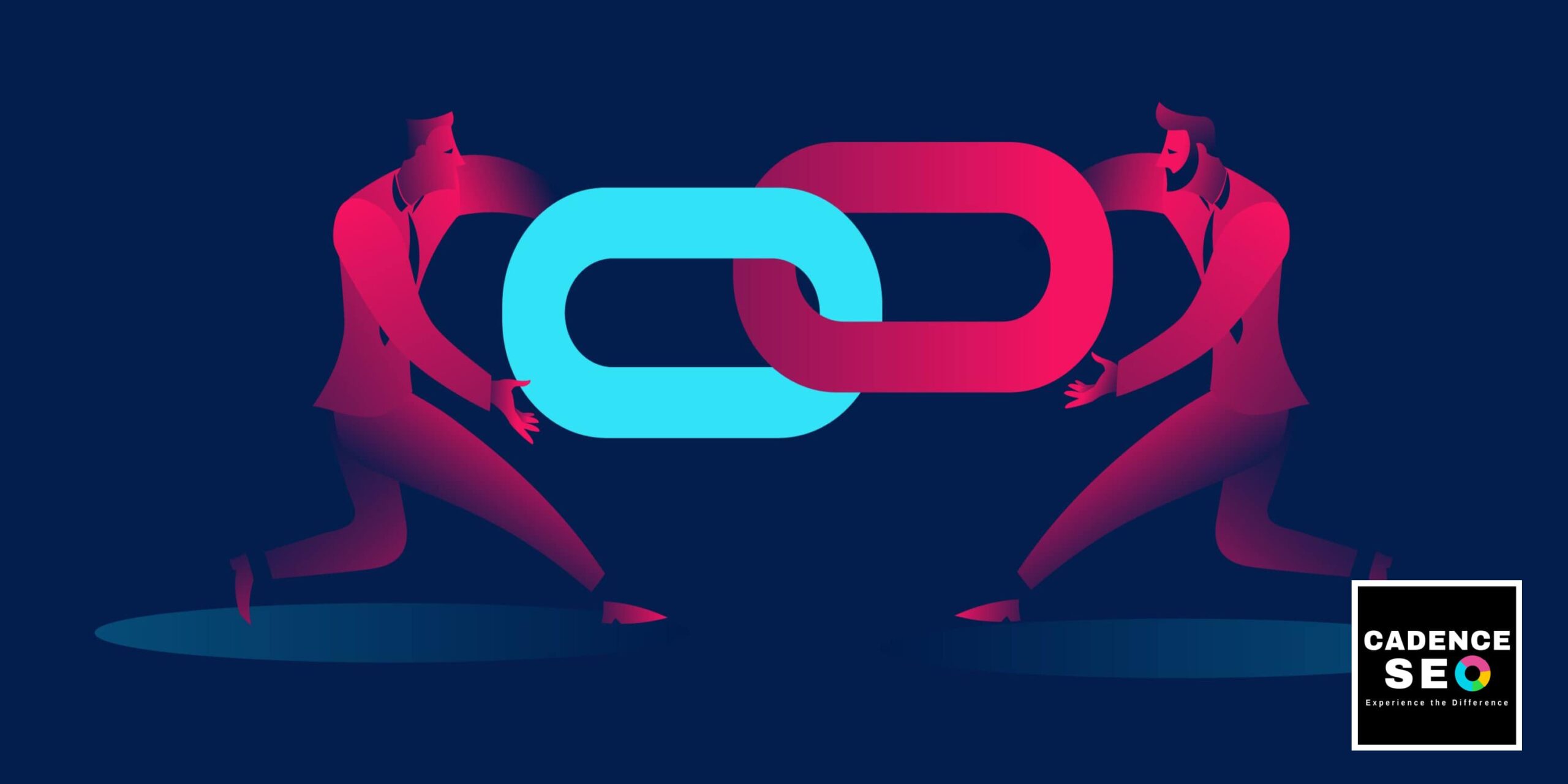External links are great for SEO. They help increase your site’s popularity and make it easier for people to find your content. Unless you’re an SEO expert, search engine optimization terms can seem tricky to understand. The good news is that they’re deceptively simple. To help you make the most of your external links, we’ve compiled this handy guide that’ll give you all the info you need to optimize your SEO and get those clicks going.
What is External Linking?
External linking is a process that allows your website to connect and communicate with other websites. This can be done by using links on your site or by adding links to your site in the form of social media shares and other online content. External linking is intended to increase popularity and traffic to your website. The more people who visit your site, the more likely you are to gain more followers and customers. When you link to other sites, you send visitors from one site to another. This allows both websites to benefit from each other’s popularity and authority.
Are External Links Beneficial for SEO?
Links play a huge role in search engine rankings and will be the first thing Google looks at when it comes to determining your site’s relevance. However, external links can also benefit your business in many other ways.
Higher Ranking on Google Searches
External links are also beneficial for SEO because they allow search engines like Google and Bing to crawl through a website easily without spending time reading all its content. Because there are so many websites, it can take time for search engines to find all of them individually. External links allow them to access quickly through an indexing system known as “deep crawling.”
Increase Brand Awareness
External links are the most effective way to connect with other websites and online communities. External links help you build relationships with other sites, which can expand your audience by including more relevant keywords on your website. You also gain a new audience from these external sites. They can become loyal readers when you provide valuable, engaging content.
Find Content Easier
Links are important because they help people find your content easily. This is where semantic SEO kicks in. If someone is looking for information related to a specific topic, they might type in a keyword like “how to cook” or “best restaurants in Chicago.” A link from another website can directly bring them to a page on your website about cooking or dining out in Chicago!
The Importance of External Linking
External links are a critical part of SEO. They can help your site rank higher in search engines, provide a new avenue for traffic, and even improve your brand’s reputation. Google is a search engine that aims to give people exactly what they’re looking for. If your site doesn’t have the information or content someone wants, there’s no reason for them to stay and explore your site.
External Linking Builds Trust and Authority
External linking isn’t just good for SEO but also for building trust and authority with visitors. When someone sees a URL link in your content, they often click through and visit that page or site if it looks interesting or relevant to them in some way. If you’ve linked to a reputable source that offers useful information about your writing, this will help build trust with your audience.
Enhance User Experience
External links play an important role in user experience. When someone types something into their browser and clicks on a search result, they want to find what they’re looking for quickly and easily. You want your users to stay on your site long enough to convert into customers or subscribers by purchasing something or signing up for a membership with you!
External Links Encourage Engagement
Modern online marketing is about exposure and authority. External links show people what other sites and influencers say about you or your business. The better your products and content, the higher the likelihood of them being linked. The more influencers and trusted sites view your site as authoritative and link to your site, the higher your domain authority will be. This means Google will rank your site higher in search results because they see that people trust your site as authoritative.
Provide Additional Resources and Supporting Data for Your Readers
When you add links to your content, you’re not just adding more words — you’re providing additional resources and supporting data for your readers. External links are important because they help search engines understand what your content is about. The more pages that link to your article, the more likely it is to show up in search results for related topics.
Share Relevant Content
If you’re reading content about something you’re genuinely interested in, and it’s useful and informative, chances are you’ll want to share your findings with others. You can also use external links to show support for other people’s work. For example, if you link out to an article by someone else, that person might return the favor and link back to your article as well (which will help boost its visibility in search results).
External Links Can Improve Search Rankings
You may be familiar with internal links, which are links to other pages on your own website. External links can include links to websites similar to yours, or they can link back to the original source from which you got the information. Either way, external linking helps increase visibility on the web and improve search engine rankings.
External Linking Best Practices
External linking is one of the most important parts of SEO but can also be one of the most confusing. Let’s break this down just a bit more. External links are links that point to other websites. They can be internal or external. External links are usually the most important ones for your website since they can bring you more traffic. There are two types of external links: internal and external. Internal links are links within your website, while external links point to other websites. External linking is also known as outbound linking because you’re sending traffic to another location on the web. Think of it this way: If you have a brick-and-mortar store, the internal link would be walking from one part of your shop to another department or aisle. An external link would be going outside and walking down the street, where people can see other shops and stores.
Focus on Proper Link Building
You’ve probably heard the term “link building” before. Link building has been a part of SEO for many years. However, it’s important to note that external links are the most valuable type of link because they come from another website and can be seen as an endorsement for your site. External links are important for ranking because Google considers how many websites have linked to yours when determining where your page should rank in search results.
Place an Emphasis on User Experience
Ultimately, external links are not only good for SEO but also for the reader’s experience. It is important to diversify your anchor text and link relevant sites that you know users will find useful and informative. Ensure you’re linking pages relevant to your content. While we should keep an eye on the number of external links in our content, it is not a major ranking signal that Google uses for search engine results pages (SERPs).
Use the Nofollow Attribute
Since external links aren’t passed PageRank, you don’t have to worry about them passing on bad link juice. So, if you want to add an external link but don’t want it to affect your site’s authority, use the Nofollow attribute on that link so that search engines can ignore it.
Use a 301 Redirect
A 301 redirect passes along all the PageRank from the original page to the new one (so long as they’re on different domains). This makes it easy for search engines and users alike to find what they’re looking for without much effort required on your end. Use a 302 redirect instead of a 301 when moving across domains to pass some PageRank along with them–or none at all if that’s what works best for your situation.
If you’re wondering how to improve your site’s search engine optimization (SEO), you’ve come to the right place. Most businesses are looking for ways to boost their search engine rankings to generate more traffic and leads, but finding good information on what works and what doesn’t can be hard. That’s where we come in! CadenceSEO is a full-service digital marketing agency that helps businesses grow their online presence. We’ll share some great tips on how you can use technical SEO best practices to improve your website’s visibility in search engines like Google and Bing. We offer affordable digital marketing packages designed for companies of all sizes. Learn more about technical SEO from the experts at Cadence SEO. Request a free consultation today!






